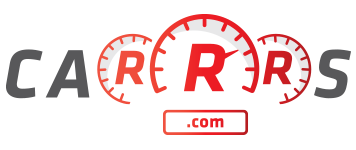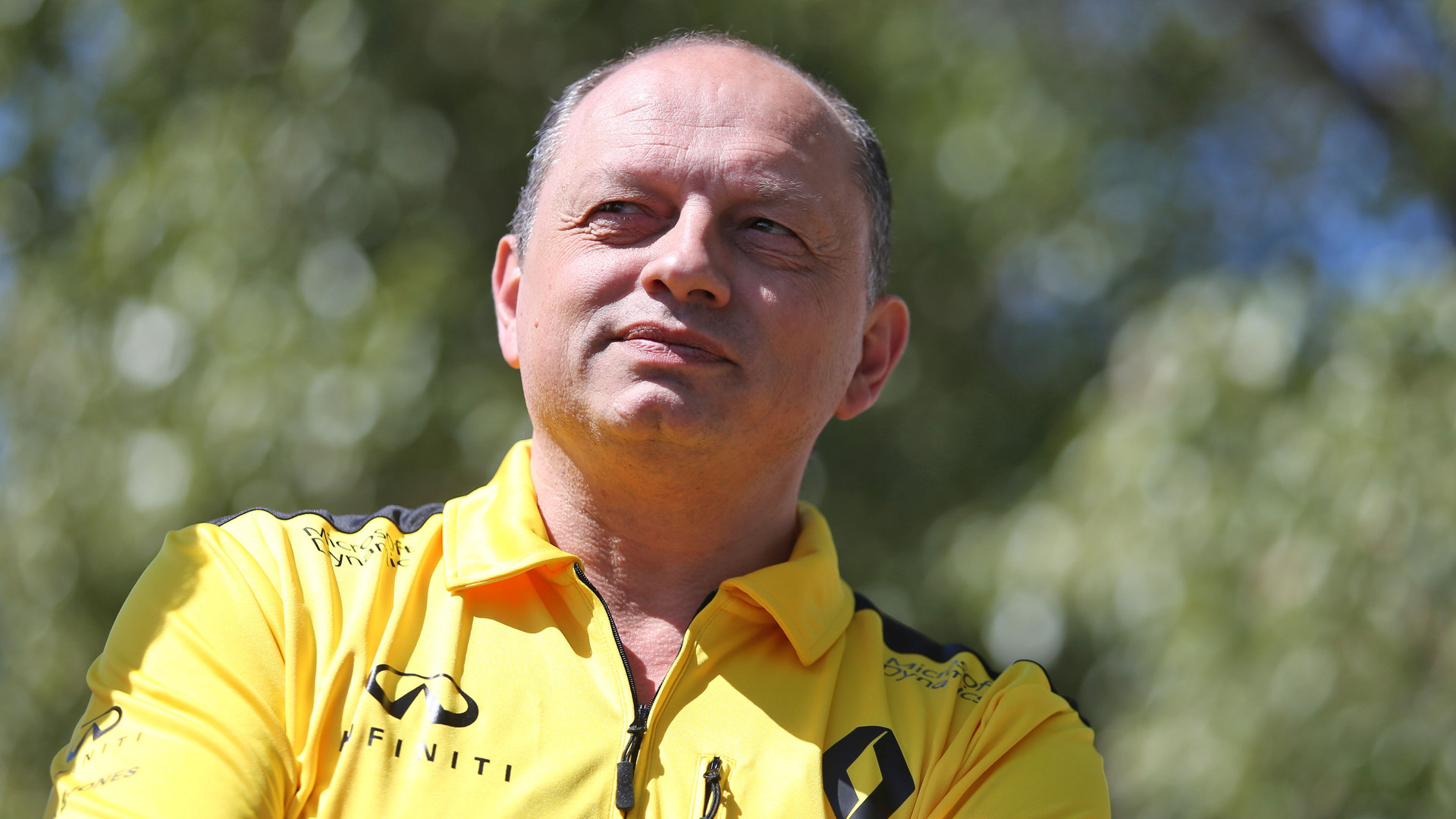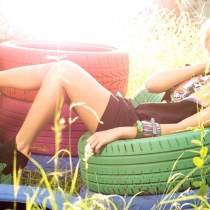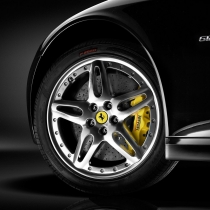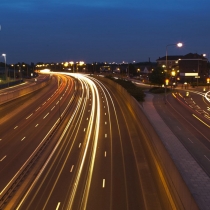Q1: How happy were you with your first race as Racing Director in Australia?
Vasseur: It was a great feeling, and I would like to thank the team for the opportunity for a smooth, good weekend. At the end of the , I had the feeling that we had been working together for a long time. For sure we need to improve, and we know we have a lot of work ahead of us, but so far I am very happy with how things are going and the collaboration between Viry and Enstone.
Q2: How would you review Australia? Did the team achieve its aims for the first race?
Vasseur: It was a very positive start to the season. We aimed to get to the end of the race and we got there with two cars. The end result was not excessively flattering, due to the number of incidents that did not go in our favor, but the pace at the end was good, comparable to Force India and not far from Williams, which is encouraging for the team and a good basis to build on. We need to maximize our qualifying form so we can take advantage of this strong race pace, but that will come I am sure. If it wasn’t for the restart, I think we could have scored points as we were in a great position, but that’s life. We know where we are and what we need to do to achieve what we want.
Q3: What did you learn about the car?
Vasseur: We didn’t have any major issues; it was good to drive. The first target was to finish the race and we achieved it with both cars. You always have to think about what was the objective when you start, and if someone told me in Barcelona that we would fight in the race with a Force India and a Williams I would have laughed. It’s a good surprise.
Q4: How did you think the drivers performed?
Vasseur: I think we can be very pleased with the drivers. Jolyon had a very good debut. It was a shame for Kevin, but he built back up and was strong at the end of the race. It’s a bit disappointing we did not score points, but we did not truthfully expect to be in the points in Melbourne given the late start we had to the project.
Q5: What areas will you work on for Bahrain?
Vasseur: We don’t have to be focused on one thing, but work on every side of the business: engine, chassis and drivers. We need to work as a team to move forward. But it is very encouraging to start like we did in Australia. We now need to keep the momentum going.
BIO: Renault Sport Racing Director Frédéric Vasseur
Frédéric Vasseur has been one of the leading team principals in single seater racing for over a decade. With the highly successful ART Grand Prix, Vasseur has played a key role in elevating the careers of many current Formula 1 drivers such as Lewis Hamilton, Valtteri Bottas and Nico Rosberg.
ART took Nico Rosberg to the GP2 Series title in 2005, with Lewis Hamilton maintaining the run of trophies in the following season.
In GP3, Esteban Gutierrez became the inaugural champion for ART and Valtteri Bottas followed his crown in 2011.
Under the ART identity and its ASM predecessor, Vasseur’s squad won 51 of 80 contested F3 Euro Series races between 2004 and 2009, taking the title with Jamie Green in 2004, Lewis Hamilton in 2005, Paul di Resta in 2006, Romain Grosjean in 2007, Nico Hülkenberg in 2008 and Jules Bianchi in 2009.
Renault Sport Formula One Team within the Renault-Nissan Alliance in 2016
One of the core strengths of the Renault-Nissan Alliance is its capacity to create powerful industrial synergies in multiple areas such as R&D and production. From 2016 onwards, that approach will be mirrored in motorsport activities, with Alliance premium brand Infiniti joining Renault Sport Formula One Team as an active technical partner.
Infiniti enjoyed five years of successful sponsorship with Red Bull Racing, which was initiated through the Alliance partnership with the Anglo-Austrian team. Infiniti significantly increased its brand awareness over this period. With all targets met, Infiniti decided the time was right to take a step forward in the sport on a technical level.
Infiniti will use its expertise in hybrid technology and make a genuine contribution to the R.E.16 F1 Power Unit’s Energy Recovery System (ERS), which incorporates two motor generator units, the MGU-H and MGU-K, and a battery.
The MGU-K (K for kinetic) is connected to the crankshaft of the internal combustion engine. Under braking, the MGU-K operates as a generator, recovering some of the kinetic energy dissipated during braking. It converts this into electricity for a boost equivalent to 120 kW or 160 bhp that can be deployed throughout the lap.
Acting as a generator, the MGU-H (H for heat) absorbs power from the turbine shaft to convert heat energy from the exhaust gases. The electrical energy can be either directed to the MGU-K or to the battery for storage for later use.
Infiniti has an excellent reputation for performance hybrid vehicles. The hybrid system in the Q70 has been recognized in the Guinness Book of World Records as the fastest hybrid over a quarter mile and the Infiniti Q50 uses the same system. This strong and valuable expertise will be put to good use by the team in Viry-Châtillon as a team of Infiniti hybrid specialists move from Japan to France in 2016 to support development.
The partnership is based on a solid five-year plan. Production car engineers will collaborate with F1 specialists, thus enabling the benefits to cross pollinate to Infiniti’s road car portfolio.
In parallel, Infiniti markets will continue to have access to Formula 1 for marketing activities.
“During our five years of sponsorship with Red Bull Racing, we achieved all our targets in terms of brand awareness,” said Tommaso Volpe, Infiniti Motorsport Global Director. “As an automotive company, the next step was to strengthen our credibility by becoming an active player within Formula 1. The creation of the Renault Sport Formula One Team with our Alliance partner Renault gives us an ideal opportunity to make this natural evolution from sponsor to technical partner. Infiniti will have a direct input to the Energy Recovery System in the Renault Sport Formula One Team. Our know-how will benefit the team on track, but we will also learn a great deal in the extreme environment of F1 that we will be able to transfer back to our road car portfolio. Our first target is to increase technical credibility supporting Renault Sport with our valuable expertise in hybrid technology, the second objective is to increase excitement and engagement for our customers, dealers and employees. The news has already been greeted with enormous enthusiasm within the company, which is critical in supporting our core business.”

